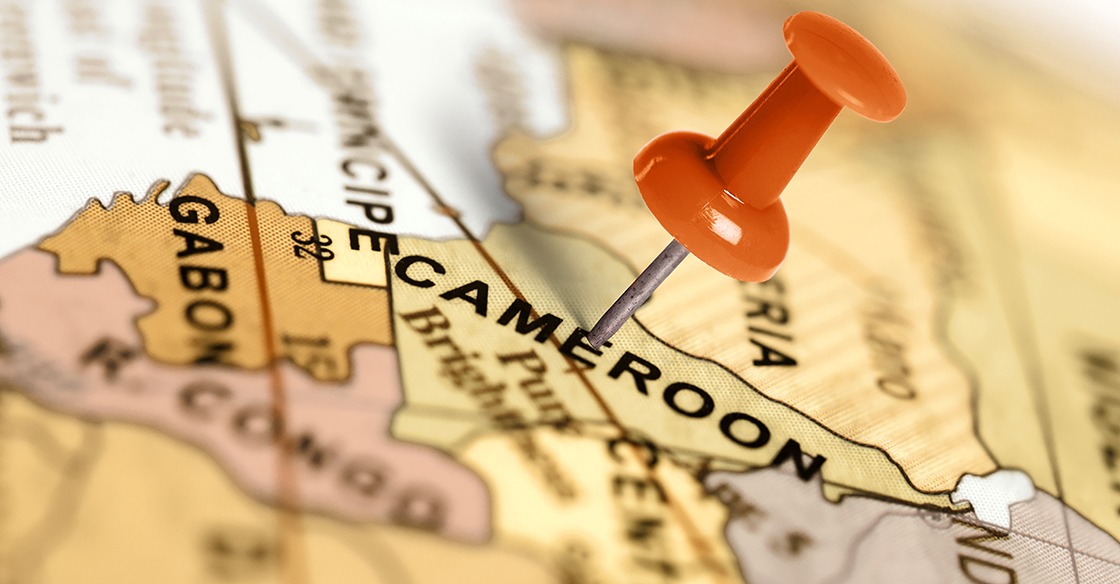Proposed changes to trade regulations in central Africa have been in the news a lot lately. In an effort to consolidate CEMAC and ECCAS communities into a single customs union, new tariffs have been presented to the eleven nations that make up the region. If passed, these new tariff rates would apply to Cameroon and its neighbors.
Could new Cameroon tariffs impact your business? Here’s what you need to know about the proposed customs changes so you can stay informed and prepared.
How Tariffs Work
A tariff is a kind of tax that one country imposes on imports from other countries. A country can level tariffs against imports from one specific country or from several countries. In general, countries use tariffs to raise prices on imported goods, making domestic options appear cheaper and more desirable to their consumers.
Tariffs may work in two different ways. Some tariffs, known as ad-valorem tariffs, apply toward a percentage of an item’s cost. Others, called specific tariffs, work as fixed fees based on the type of item being imported. For example, a tariff of $1000 added to the price of any imported car would be a specific tariff. A tax of 10% added to the same purchase instead would be an ad-valorem tariff.
New Cameroon Tariffs Proposed

The United Nations Economic Commission for Africa reports that the new tariffs proposed in Cameroon and around the region are ad-valorem tariffs that would apply to a wide variety of products. According to this Cameroonian news, new tariffs would impact the pricing on everything from meat to medical supplies. So, what exactly are the new regulations proposing?
If the tariffs pass, livestock would be taxed at 5% to 20% per head and meats would be taxed at 20% per kilogram. The new customs rules would also place a 5% to 20% levy on other animal products, such as milk and honey. Medical equipment would be taxed at just 5%, while products like cereal seeds and air transport machines would enjoy a 0% tariff.
The highest tariffs would be imposed on cocoa powder, tobacco, mineral water, clothing, and hair mesh. These items would all be taxed at 40%.
What the New Tariffs Mean
One recent study suggests that central African nations do the least amount of trade with their neighbors of any part of the developing world. By standardizing tariffs among this group of nations, economic experts hope that such uniformity will help to strengthen trade within the region and make it a more frequent occurrence.
For importers looking to bring products into central Africa, these new regulations could cause a bit of a headache, as they require an adjustment period. To eliminate some of the pain of transition, utilizing a customs clearance service would be a smart move.
About HLOGCAM
HLOGCAM is an international logistics provider based in Cameroon. HLOGCAM offers logistics, shipping, and customs clearance to individuals and businesses all over the world. Our services include relocation services, freight forwarding, road transportation, and more. The HLOGCAM team provides professional logistics solutions to meet your business or personal needs.


